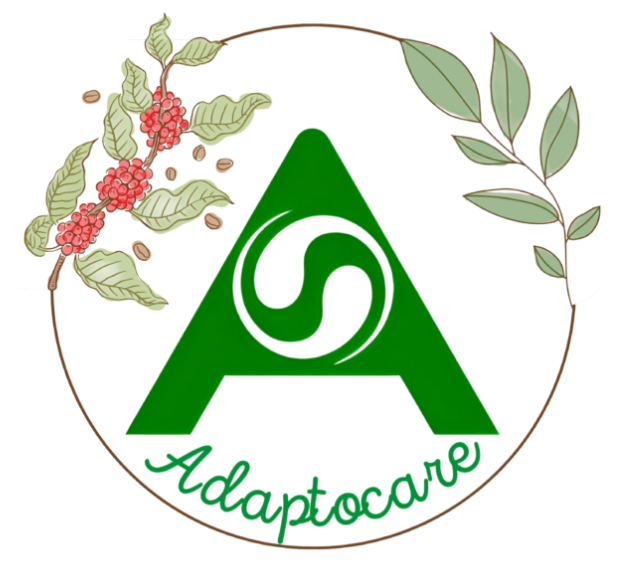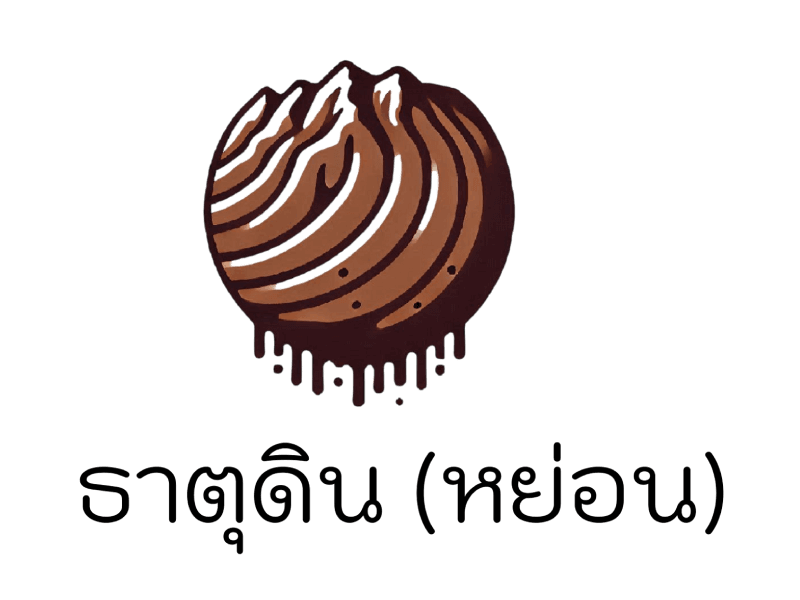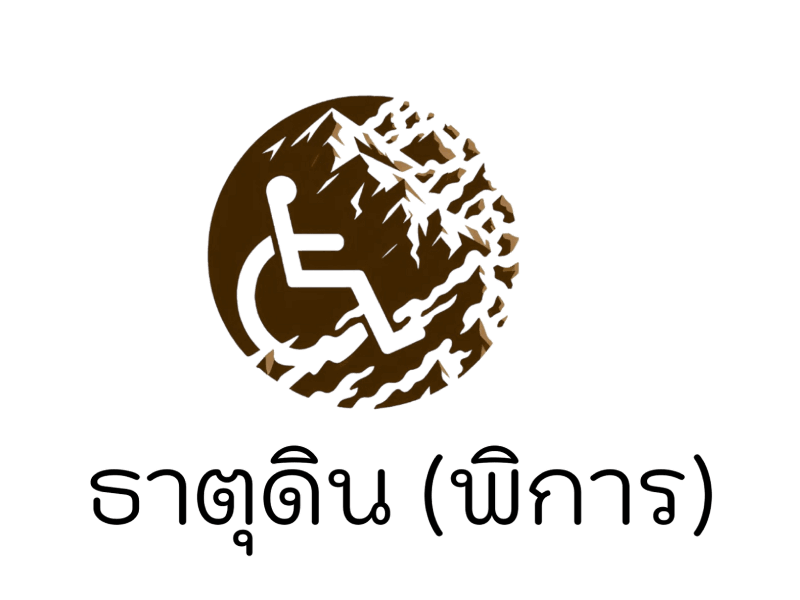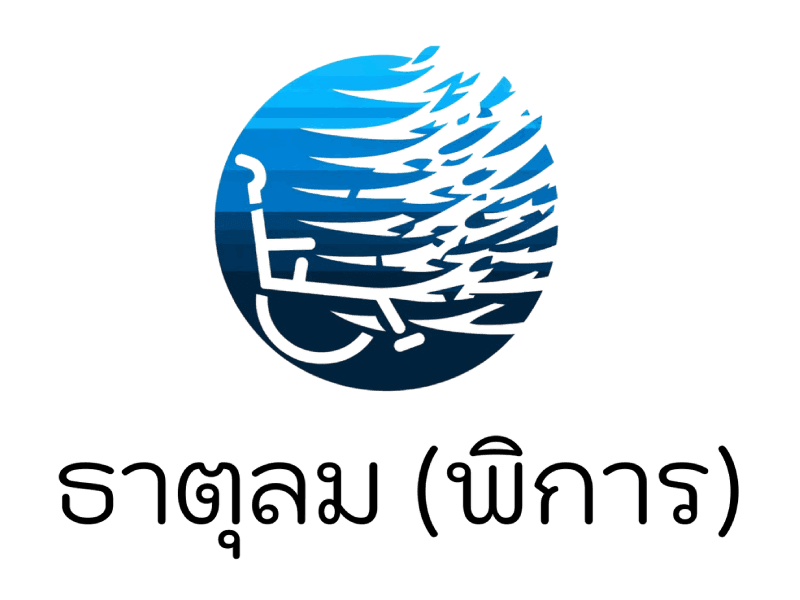"Hatai-watthu" (Heart) refers to the completeness of the heart — including its function, rhythm, and the strength of the heart muscles. Diseases that arise are usually related to the functioning of the heart.
"Utthiyang" (Newly Ingested Food) refers to food that has just been consumed. Illnesses arising from this are often caused by improper eating habits, known as "eating incorrectly" — such as consuming food that is incompatible with one's body elements (doshas), eating unclean food, or consuming foods that aggravate existing conditions.
"Krisang" (Old Food) refers to the food residue in the large intestine that is about to be excreted as feces. The appearance and odor of the stool indicate one’s health — whether the feces are coarse, fine, hard, loose, or foul-smelling.
"Kho-samkha" refers to phlegm or mucus located in the throat area. Illnesses related to this are often associated with the upper respiratory tract, including nasal mucus, throat, and upper bronchi — such as phlegm buildup, sinusitis, and the common cold.
"Ura-samkha" refers to phlegm located in the chest and upper abdominal area. The related illnesses often involve the chest and lungs, such as asthma, bronchitis, inflammation, and gastrointestinal disorders.
"Kutha-samkha" refers to fluids located in the lower abdominal area or excretory system. The related illnesses are often associated with the lower digestive tract and mucous in the intestines, such as diarrhea, hemorrhoids, cystitis (bladder inflammation), and abnormal urination.
"Hathai-wata" refers to the state of the mind. Related illnesses are often caused by changes in mental conditions, emotions, sensitivity, or anxiety, which may lead to emotional imbalance.
"Sattakawata" refers to a type of bodily wind (vata) that is sharp and penetrating like a weapon. It is associated with the nervous system and conditions such as ruptured or blocked capillaries, paralysis, pain, and numbness.
"Sumnawata" refers to the circulation of blood and the functioning of the nervous system, including the brain and spinal cord. Related illnesses often involve back pain, seizures, spasms, blood pressure issues, and disturbances in the flow of wind (vata) from the heart and major blood vessels in the central body.
"Phitthapitta" (Gallbladder Bile) refers to the process of bile production in the liver. Disorders related to this include bile duct obstruction, abnormal bile secretion, hepatitis, jaundice (yellowing of the skin and eyes), inflammation of the bile ducts, and gallstones.
"Apattapittha (Bile-related)" means the digestive process involving bile. Diseases that commonly occur are related to the functioning of bile in the intestines and the digestive system. Symptoms include abdominal cramping, bloating, indigestion, jaundice, yellowing of the whole body, and green-colored stool.
"Nosebleed" refers to the heat generated from the body's metabolic processes and functions. The related diseases usually involve symptoms such as fever, internal heat, infections, and inflammation.












